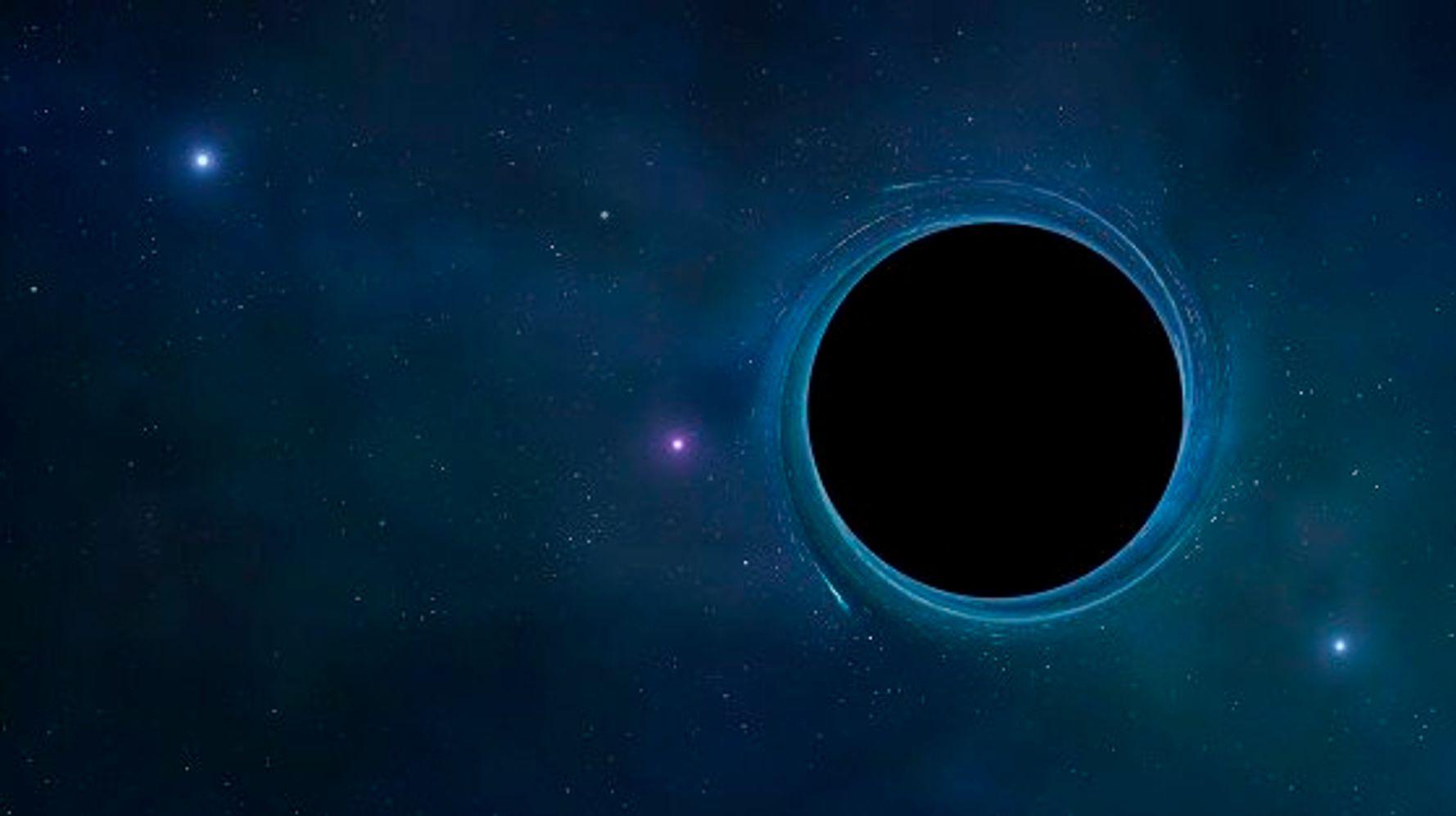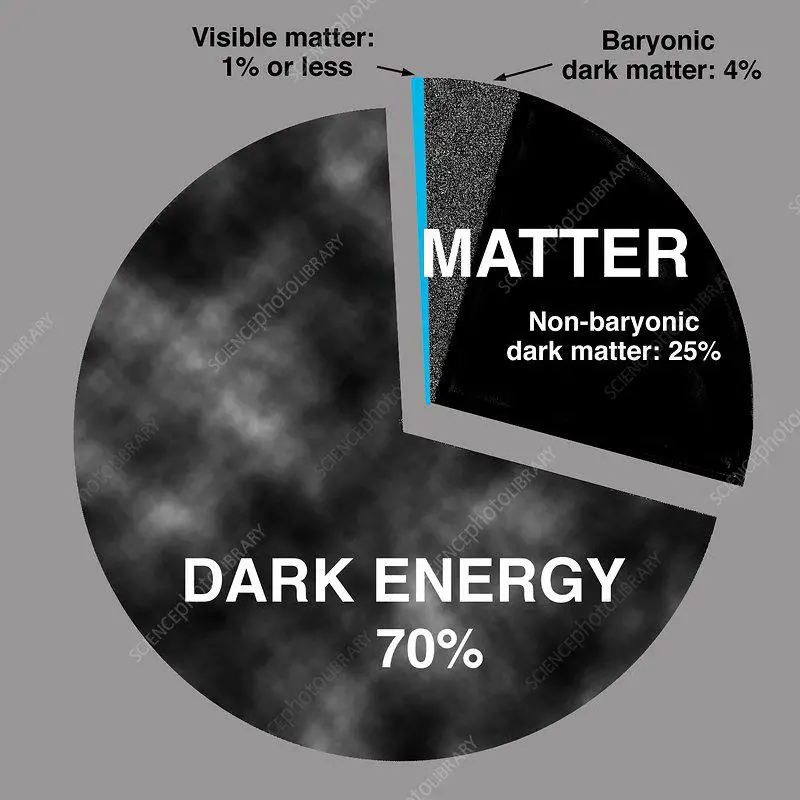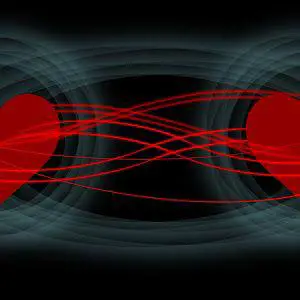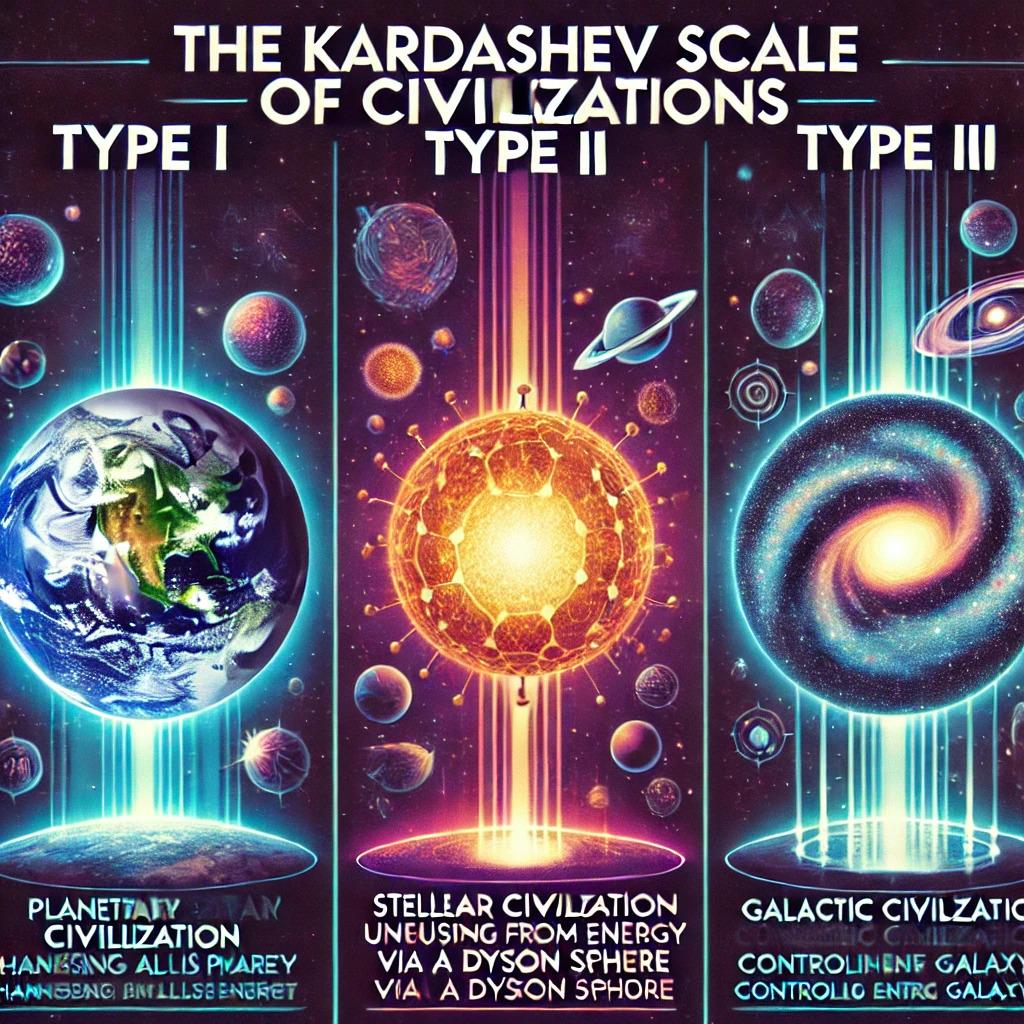Black holes are one of the most mysterious and fascinating phenomena in the universe. These objects are formed when a massive star runs out of fuel and collapses under its own weight, creating a region of space-time where gravity is so strong that nothing, not even light, can escape. This means that black holes are invisible to the naked eye, and can only be detected through their gravitational effects on nearby matter.
The first black hole was discovered in 1964 by physicist John Wheeler, who coined the term "black hole" to describe these objects. Since then, astronomers have identified many black holes throughout the universe, ranging in size from a few times the mass of the sun to billions of times the mass of the sun.
One of the most intriguing aspects of black holes is their event horizon, which is the boundary beyond which nothing can escape. Anything that gets too close to the event horizon, including light, is pulled inexorably towards the black hole's singularity, a point of infinite density at the center of the black hole where the laws of physics as we know them break down.
Despite their name, black holes are not actually black. As matter falls towards the event horizon, it heats up and emits radiation in the form of X-rays and gamma rays, which can be detected by telescopes. This radiation can provide valuable insights into the properties of black holes, including their mass, spin, and the nature of the matter that surrounds them.
Black holes also play a crucial role in shaping the structure of the universe. They can act as cosmic vacuum cleaners, swallowing up matter and energy from their surroundings and shaping the distribution of matter in galaxies and clusters of galaxies. They can also produce powerful jets of radiation and particles, which can have a significant impact on their environment.
Hawking proposed that black holes emit radiation, now known as Hawking radiation, which can cause them to slowly lose mass over time. This phenomenon is a consequence of quantum mechanics, which suggests that particles can spontaneously appear and disappear in space-time. When this occurs near the event horizon of a black hole, one particle can be pulled in while its antimatter counterpart escapes, resulting in a net loss of energy and mass for the black hole.
This discovery has profound implications for our understanding of the universe, as it suggests that black holes are not eternal, and will eventually evaporate over an extremely long timescale. Hawking's work also paved the way for the study of black hole thermodynamics, which treats black holes as thermodynamic systems with temperature and entropy.
There are several different types of black holes, each of which is distinguished by its mass and other properties. Stellar black holes, which form from the collapse of a single massive star, are the most common type of black hole in the universe. These objects have masses ranging from a few times that of the sun to around 20 times that of the sun, and are thought to be located throughout our galaxy and others.
Supermassive black holes, on the other hand, are much larger and more powerful than stellar black holes. These objects have masses ranging from millions to billions of times that of the sun, and are thought to be located in the centers of most galaxies, including our own Milky Way. These supermassive black holes are thought to play a key role in regulating the growth and evolution of galaxies, and their study is a major area of research in modern astrophysics.
Another type of black hole that has recently been discovered is the intermediate-mass black hole, which has masses ranging from hundreds to thousands of times that of the sun. These objects are thought to be the missing link between stellar black holes and supermassive black holes, and could provide important insights into the formation and evolution of galaxies.





















2 Comments, latest
Smith
March 2023Black holes are really fascinating
mosaid Admin
March 2023Yes they are indeed, and they still hold too many Mysteries